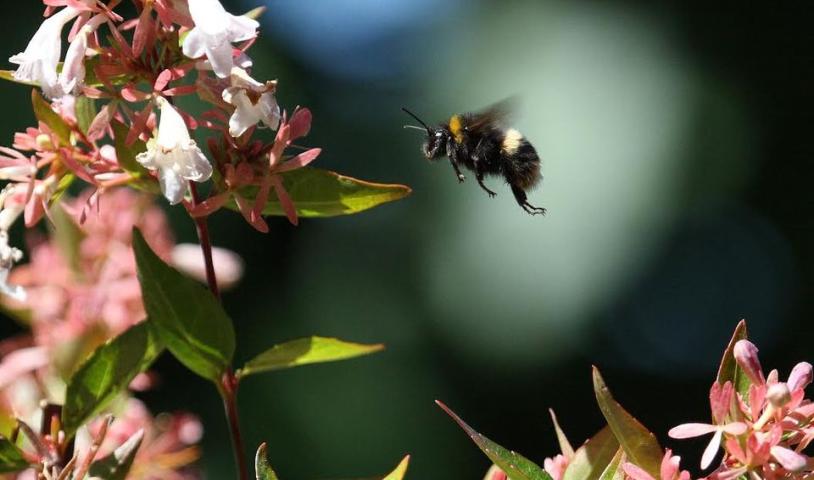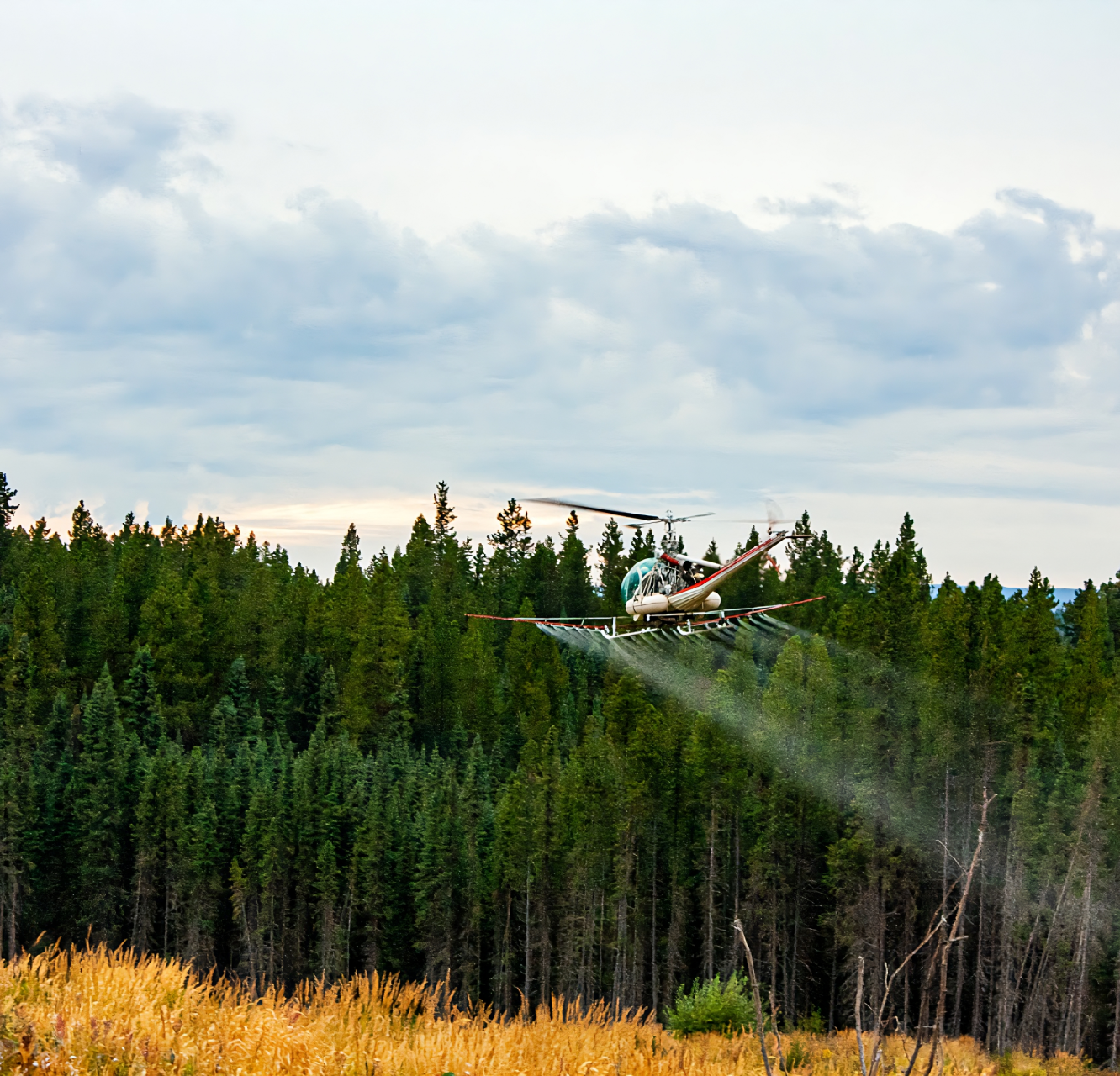Nearly half a million concerned citizens call for immediate ban on bee‑killing neonic pesticides in Canada
Thursday, November 22, 2018
Call for swift action comes as government’s public consultation on neonics ban wraps
OTTAWA — Fourteen conservation, environmental health and advocacy groups*, along with the Ontario Beekeepers’ Association, have called on the federal government to end the use of neonicotinoid insecticides in Canada without further delay, as Ottawa concluded consultations on the latest neonic risk assessments on Tuesday, November 13.
Since 2013, more than 460,000 people in Canada have participated in campaigns to ban neonics, signing petitions and writing letters to the federal government in support of a timely ban.**
This week, Canada’s Pest Management Regulatory Agency concluded public consultations on proposals to phase out the neonics clothianidin and thiamethoxam in three to five years. In 2016, the PMRA proposed to phase out a third neonic, imidacloprid, in a decision that has yet to be finalized. These reviews concluded the risks from most uses of neonics are unacceptable.
While the groups support the federal government’s proposed ban on neonics, they urge the government to accelerate the timeline to protect pollinators, aquatic insects and other beneficial species. An urgent ban is needed to prevent endangerment of the environment.
The proposed slow-motion phase-out of the main neonics would allow their use to continue until 2023 or beyond, even though environmental risks have been shown to be unacceptable. This unjustifiable delay will lead to further widespread and preventable ecological damage and is contrary to the pesticides law Health Canada is bound to uphold.
In contrast, the European Union’s new comprehensive ban will enter into effect in December 2018, just seven months after member states approved regulations. In France, a full ban on neonics has been in place since September 1, 2018.
The widespread use of neonics has led to pervasive environmental contamination. Scientists point to clear evidence of serious harm to many species and ecosystems.*** PMRA assessments found clothianidin, thiamethoxam and imidacloprid in Canadian aquatic environments at levels that are harmful to aquatic insects. Aquatic insects are an important part of the ecosystem, including as a food source for fish, birds, bats, and other animals. Many pollinator species spend the larval stage of their life as aquatic insects.
With consultations on the special reviews of clothianidin and thiamethoxam**** complete, federal Health Minister Ginette Petitpas Taylor is expected to issue final decisions in January 2020. Echoing the voices of hundreds of thousands of Canadians, the groups call on Minister Petitpas Taylor to immediately end the use of neonics.****
– 30 –
* Avaaz, Bird Studies Canada, Canadian Environmental Law Association, Canadian Wildlife Federation, David Suzuki Foundation, Environmental Defence, Équiterre, Friends of the Earth Canada, Leadnow, Nature Canada, Ontario Beekeepers’ Association, Ontario Nature, Prevent Cancer Now, SumofUs, Wilderness Committee





